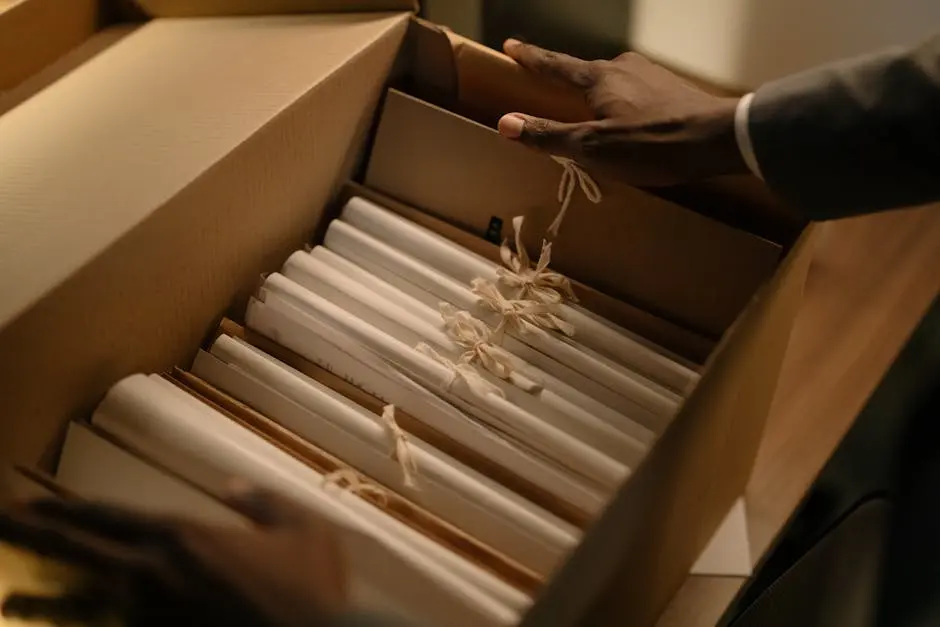
Navigating the aftermath of a loved one’s passing can be an emotional rollercoaster. During such challenging times, the distribution of their estate as per the will can sometimes add to the stress, especially if it seems unfair or questionable. Contesting a will is often seen as a daunting task, but there are valid reasons why it could be the right choice. This blog explores the key reasons that might compel someone to challenge a will, helping you understand when and why it could be beneficial.
1. Questioning the Validity of the Will
Sometimes a will may not have been executed following legal protocols, which could make it invalid. Contesting it ensures that only a legitimate will is honored. It’s crucial to verify whether the will has been properly signed by the testator and witnessed by the required number of individuals. If these elements are missing, it could mean that the will does not meet legal standards and the deceased’s true intentions aren’t being followed ‘legal standards must be met’.
Consider the emotional and financial implications that come with executing an invalid will. Taking the steps to contest such a document isn’t just about legality; it’s also about safeguarding your peace of mind and ensuring the deceased’s real desires are observed. Proper execution serves not just as a formality but as a verification of legitimacy, giving the beneficiaries confidence in the distribution process.
2. Concern Over Undue Influence or Coercion
If a will was created under pressure or manipulation, it may not reflect the true intentions of the deceased. Challenging such a will could uphold the deceased’s genuine wishes. Undue influence often involves manipulative tactics where an individual leverages a position of power or emotional dependency to sway the testator’s decisions ‘under pressure or manipulation’.
These situations can be particularly common when the decedent had close relationships that may have had unhealthy power dynamics, such as relying heavily on a caregiver or financial adviser. Knowing signs of undue influence, such as sudden and unjust changes in the will, can provide solid grounds for contesting a will that doesn’t seem to reflect the genuine desires of the testator.
3. Doubts About the Mental Capacity of the Deceased
A will drafted by someone lacking sound mind might not stand up legally. Contesting helps ensure it is reevaluated appropriately. Testamentary capacity is fundamental in establishing the soundness of a will, protecting against cases where the testator might not have understood the scope of their actions due to cognitive impairments ‘mental capacity matters’.
If someone was struggling with memory issues or mental health concerns at the time of writing their will, their capacity can be questioned. This isn’t just to cause disruption, but to ensure fairness and adherence to what the deceased would truly have wanted.
4. Inadequate Provision for Dependants
A will that fails to fairly provide for dependants can be contested to secure rightful financial support for those left behind. Especially in cases where the deceased had legal responsibilities or moral obligations towards certain individuals, it is crucial to assess if these have been met appropriately ‘providing for dependants’.
5. Mistakes or Ambiguities in the Will
Errors or unclear terms can lead to misinterpretations that contesting a will can correct, ensuring the testator’s real intentions are fulfilled. It’s not uncommon for a will to contain vague language or clerical mistakes that significantly alter the intended distribution of assets ‘mistakes or ambiguities’.
In such instances, why let ambiguity cloud the true distribution desired by the testator? Clarifying these discrepancies can not only align the will with the rightful intentions but also to uphold trust and fairness among beneficiaries.
6. Discovery of a More Recent Will
A newer will that better represents the wishes of the deceased may exist, and contesting an older one can bring this to light. People often revise their wills as circumstances change, and failing to include the latest version could mean the past decisions impact the estate ‘more recent will’.
7. Financial Necessity
In situations where contesting a will is crucial for financial survival, such a step could ensure you receive needed resources. Financial needs or circumstances of beneficiaries might have changed since the will was written, making a contest necessary to revisit its stipulations ‘financial survival’.
8. Protecting Family Relationships
Though it might seem counterintuitive, contesting a will can sometimes prevent family disputes by clarifying the deceased’s genuine intentions. Misunderstandings about a will’s content can lead to prolonged family tensions, and addressing inaccuracies early on can save relationships ‘preserving family unity’.
9. Mismatched Beneficiary Circumstances
If the circumstances of intended beneficiaries have significantly changed, contesting might be essential to reflect these changes fairly. Life events such as marriages, divorces, or births may not have been accounted for in an outdated will ‘changed circumstances’.
10. Ensuring Equitable Distribution
A will that appears to unfairly favor one person over another can be disputed to seek equitable distribution among beneficiaries. Disparities often go uncontested due to a lack of understanding or for fear of disrupting family peace ‘equitable distribution’.
11. Redress for Heirs Absent from the Will
Heirs overlooked or omitted without explanation may find contesting a will an avenue to seek rightful inclusion. Whether due to oversight or deliberate exclusion, such scenarios warrant reevaluation to ensure fairness and justice among family members ‘rightful inclusion’.
12. Legal Recourse for Fraudulent Activity
Any suspected fraud in the creation or alteration of a will can be challenged legally to restore legitimacy. Fraudulent activities, be it forgery or data omission within the will, can distort the actual desires of the testator, necessitating a legal challenge ‘fraudulent creation or alteration’.






